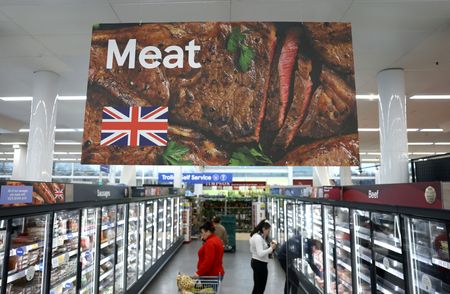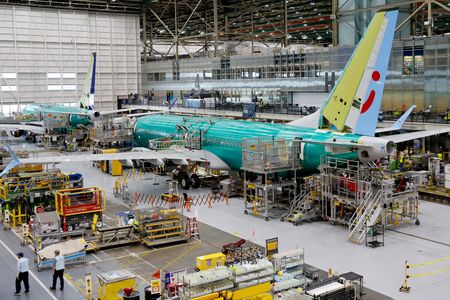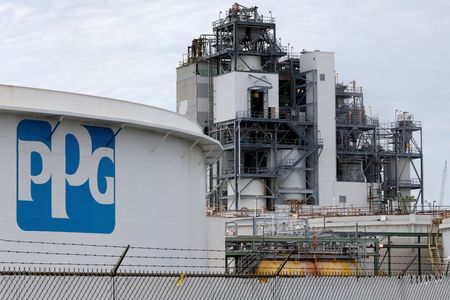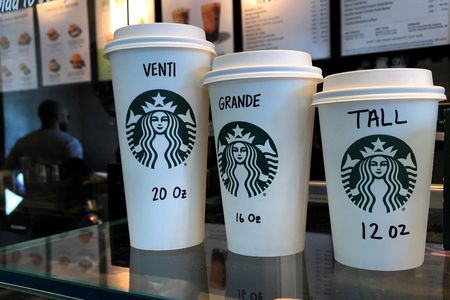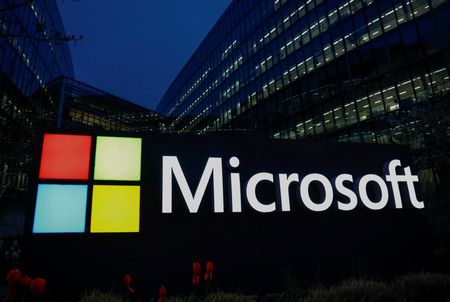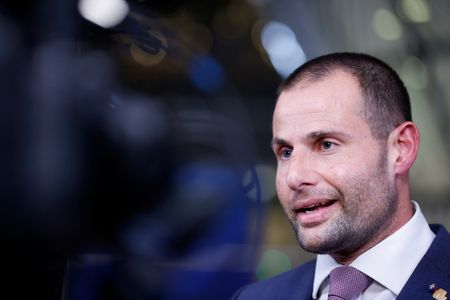LONDON (Reuters) -British shop prices rose by the most in more than a year in the 12 months to July and food prices grew more strongly, according to a survey that adds to other inflation signals and underscores the Bank of England’s interest rate dilemma.
Overall shop prices in July rose by 0.7% in annual terms – the largest rise since April 2024 – after a 0.4% rise in the 12 months to June, the British Retail Consortium said on Tuesday. Food prices jumped by 4.0%, speeding up from a 3.7% rise in June, up by the most since February 2024.
“Families will have seen their food bills increase as food price inflation rose for the sixth consecutive month,” Helen Dickinson, chief executive of the BRC, said.
Prices of staples such as meat and tea were pushed up sharply due to tighter supplies on global markets although discounts in fashion and furniture offered some relief to consumers, the organisation said.
Last week separate data from Worldpanel showed a 5.2% annual rise in grocery prices in the four weeks to July 13, the biggest increase since February 2024.
Britain’s headline rate of inflation – which covers a broader range of goods and services – sped up to 3.6% in June from May’s 3.4%, threatening to rise above the BoE’s forecast for it to peak at around 3.7% in September. The central bank expects inflation to fall back to its 2% target only in 2027.
It is expected to cut borrowing costs on August 7 for the fifth time since August last year but stick to its “gradual and careful” message about further reductions in interest rates.
The Confederation of British Industry said on Monday its gauge of retail sales fell for a 10th month in a row in July – although less sharply than in June – with consumers feeling the strain of rising prices.
The BRC data was based on prices collected between July 1 and July 7.
(Writing by William Schomberg; editing by David Milliken)

